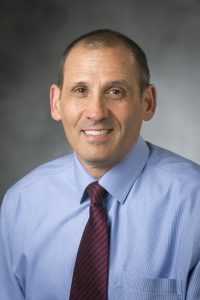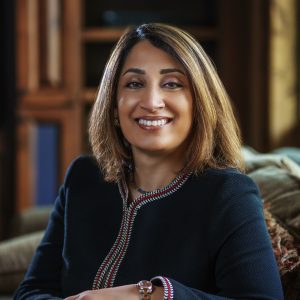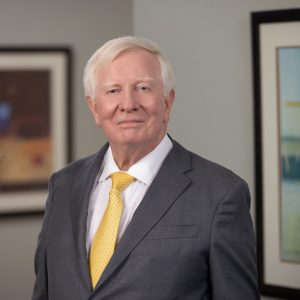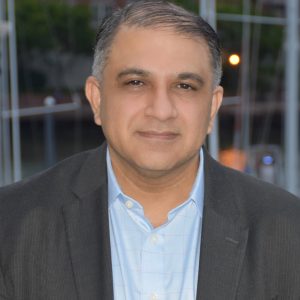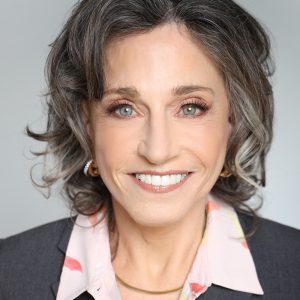Executive Leadership Series: CEO Hopes to Develop Novel Cancer Drug—and Recruit New Team Members
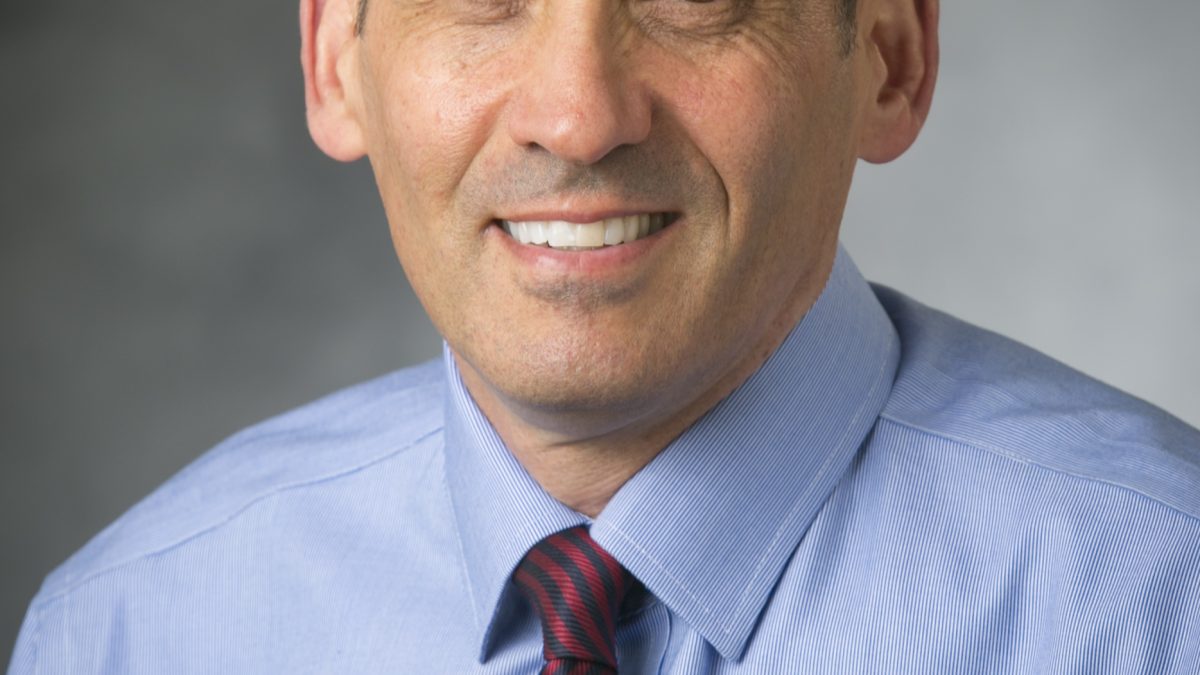
Edward (Ned) F. Patz Jr., M.D
CEO
Grid Therapeutics, LLC
When Dr. Edward (Ned) Patz Jr. co-founded Grid Therapeutics in 2016, he had discovered a novel, completely human-derived antibody to fight cancer and a new platform for developing cancer drugs. Fast-forward to 2023, and Grid has just launched a Phase 2 investigator-sponsored study of its lead asset, GT103, to treat solid tumors including lung cancer. Now Dr. Patz wants to turn his attention to further developing the innovative and transformative Grid platform, and is planning to exit his role as CEO.
Dr. Patz says the best way for his clinical stage biotechnology company in Durham, N.C., to move forward is for him to step back and have a new CEO take the reins to grow the company’s assets. Meanwhile, he’ll continue focusing on the science of GT103 as well the cancer research lab he leads at Duke University Medical Center and his duties as a professor.
In Ashton Tweed’s latest Q&A, Dr. Patz explains how he’s moving the development of GT103 forward and why he wants to vacate Grid’s top post:
Ashton Tweed: As a longtime researcher and university professor, why did you found Grid Therapeutics in 2016?
Dr. Ned Patz: I had been running a basic science laboratory in cancer biology for over 25 years and was trying to understand why we’d had some success with therapeutics, but not enough. We still have a lot of people who die of cancer, so we wanted to take a completely different strategy. My lab at Duke, in collaboration with the Duke Human Vaccine Institute, discovered a very interesting antibody, the first in the oncology world that is completely human-derived. It comes from the single B cells of cancer patients. We have extensive preclinical data showing that this antibody not only specifically kills tumor cells but also drives an adaptive immune response. In other words, it promotes anti-tumor immunity without off-target effects.
At first, we tried to license the drug but didn’t get any takers. This was a novel discovery approach, an unusual target, and a different mechanism from most other drugs in this space, so it probably appeared quite risky. Indeed companies want to avoid risk—they want the next generation of a known drug class or target that has been proven, because drug development is time-consuming and expensive. For all of these reasons, we were consistently told, “Very interesting…come back when you have more data.”
Then we had some investors who came along and said, “We’re very interested in helping you develop this antibody. But we want to invest in a company with you to help move this drug forward.” That’s how Grid got started, but becoming CEO was not part of my original plan.
AT: How did you handle becoming a first-time CEO?
NP: It was definitely a major transition. The primary challenge was becoming a business person, for which I was not trained and wow it was trial by fire! But I decided that if that’s what it would take to develop this drug, I would at least give it a try.
AT: How do you divide your time between Duke and Grid?
NP: I feel like Yogi Berra. I spend 110% of my time at Duke and 90% of my time at Grid (he laughs).
AT: What has surprised you about running Grid?
NP: Everything (he laughs). When you look at founder CEOs, they often lack the experience and knowledge to run a business. Many CEOs join a company at a specific stage that is appropriate to their expertise and experience. This was not the case for me. Grid wasn’t something I was looking to get started and then go on to the next company. I’m definitely not looking for my next CEO job now—I have a vision as to how to expand and grow a very interesting and novel Grid platform in a way that could be transformative for therapeutics in oncology.
AT: What has been your biggest challenge as a first-time CEO?
NP: One of the biggest challenges has been trying to raise capital. Every time we meet a milestone, the goal posts move. Our program was clearly too risky for conventional funding mechanisms, no matter how much preclinical or early-phase data we generated.
However, we’ve been extraordinarily successful at developing this drug with limited resources. But each step costs more, and investors’ expectations change. The macro-economic climate has also changed in the last several years, and is something I did not expect would influence our star oncology drug.
As a physician-scientist I like to discuss the science, but it is complicated and challenging to explain our approach to the investment community. That’s why I would like another individual with business expertise to come in and lead a new management team to help raise capital and manage our clinical program.
AT: What qualities are you looking for in a new CEO?
NP: I am seeking an individual who is not afraid to be transformative and is in fact okay with being disruptive. We are not developing the same sorts of oncology drug already on the market. I also expect the utmost integrity—someone who believes in the science and who doesn’t look at this as simply their next job. We are different—“off the grid”—and this job requires someone who wants to transform the oncology pipeline.
AT: Will you still have a role at Grid once you replace yourself?
NP: Yes, I plan to stay involved. I’d like to think the next CEO will want me around to help guide the science. What I do best is see the big picture of where Grid is going.
So, my role would be to move us forward to develop better drugs for cancer and let the CEO navigate the management, resources and funding.
Thank you for giving me time to share my story!
Dr. Ned Patz is currently the CEO of Grid. He joined the Duke University Health System in 1991, where he is the James and Alice Chen Distinguished Professor of Radiology as well as Professor of Pharmacology & Cancer Biology, and Professor of Pathology. He previously served on the faculty at Brigham and Women’s Hospital, Harvard Medical School and the Dana-Farber Cancer Institute. Dr. Patz earned a bachelor’s degree in physics from Duke University and his medical degree from the University of Maryland.
He received a lifetime achievement award from the International Association for the Study of Lung Cancer at its 2022 world conference in Vienna, Austria. Dr. Patz and his wife, Dr. Corinne Linardic, have a son and daughter, and enjoy traveling and outdoor activities.


